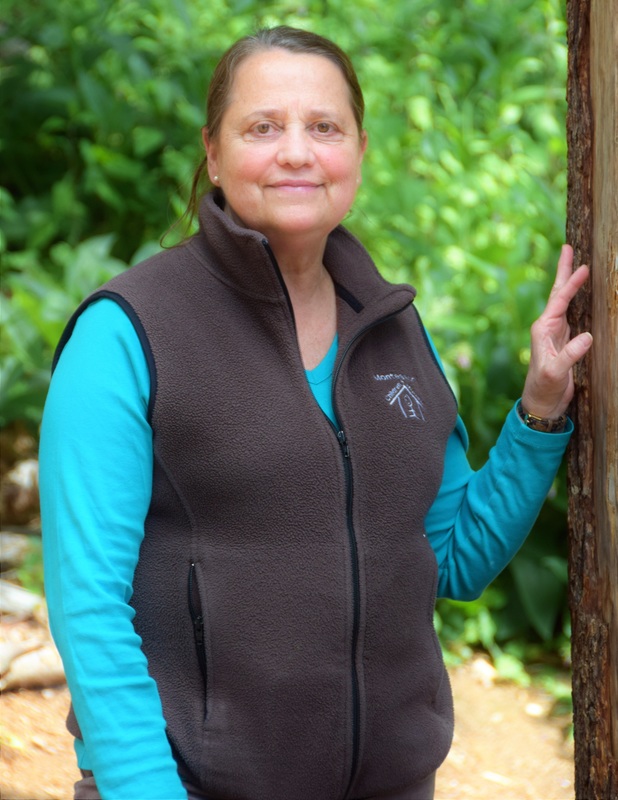|
The eruption of a baby’s first tooth is often a time of surprise and celebration; a milestone that most parents note in a special section of their child’s “baby book.”
Babies are born with all 20 primary teeth below their gumline. The eruption of the first tooth usually occurs around 6 months of age, though there is a wide range from 3 months to as late as 12 months of age when this can happen. The most common first teeth to appear are the two in the bottom center of the mouth, followed by the two in the top center. Children usually have their full set of baby teeth in place by age 3. Teething symptoms can precede the presence of a tooth by as much as two or three months. Every baby experiences teething differently: some have almost no symptoms while others experience pain for months. The following are normal symptoms you may witness when your baby is teething: * Fussiness/Crying - because of pain due to the inflammation of tender gum tissue, your baby may cry a lot. In severe cases, your pediatrician may recommend acetaminophen to help relieve your baby’s pain. Do not use orajel/benzocaine, viscous lidocaine, (or other topical anesthetics), as there can be serious health risks for children under 2 years old. * Drooling - can be excessive. Bibs will help your baby’s shirt stay dry and cleaner. Wiping the excess drool as often as possible will help prevent a rash from forming. * Teething Rash – if your baby is drooling a lot, the constant drip may cause chafing, redness, chapping and rashes around his mouth, chin and neck. Applying a thin layer of petroleum jelly or Aquaphor can protect the skin as well as treat the irritation. If the rash becomes red, cracked, weepy or painful you should contact the pediatrician. * Irritability – achy gums may cause your baby to be out of sorts. Irritability can last a few hours or several weeks. Cold water and cold foods such as yogurt or applesauce can help relieve aching of the gums for short periods of time. Some parents choose to use amber teething necklaces to ease their baby’s’ discomfort, but there is no medical evidence to suggest they work. In fact, most pediatricians advise against them because they pose a choking hazard. * Coughing/Gagging – caused by excessive drooling. There is no cause for concern if your baby has no other signs of illness or allergies. * Trouble Sleeping – discomfort may interrupt the baby’s usual sleep schedule. Your baby may need to be comforted with patting or singing but try to avoid feeding if your baby has already given up nighttime feedings. * Biting – chewing and biting down on objects help babies relieve some of the discomfort they are feeling. Teething rings, cold wash clothes, rattles and soft toys work well. Chewing is most effective when the object is cold and numbs the gums. Keep a supply of teething objects in the refrigerator but not the freezer. Too cold can be uncomfortable. * Loss of Appetite – babies may refuse to eat because the suction of nursing or bottle-feeding may make the baby’s sore gums feel even worse. Those eating solid foods might also refuse to eat when they are teething. If they refuse to eat more than a few days, you should contact the pediatrician. * Ear Pulling/Cheek Rubbing – gums, ears and cheeks share nerve pathways so an ache in the gums may travel elsewhere. However, babies with ear infections will also pull on their ears, so check with the pediatrician if you suspect your baby is experiencing something more than just teething. Please note that the type and severity of the above symptoms vary widely from baby to baby. Some babies will have a lot of pain and tears and others will breeze right through the teething process. Parents and caregivers need to be patient, caring, and provide the appropriate tools needed to best support and comfort their baby. Extra hugs, kisses and cuddling may prove helpful!!
1 Comment
|
Kim BerudeInfant/Toddler Program Director Archives
November 2018
Categories |
|
Montessori Children's House
5003 218th Ave. NE Redmond, WA 98053 Phone: 425-868-7805 [email protected] For Records Requests, please reach out to [email protected]. |
Founded in 1987
|


 RSS Feed
RSS Feed
